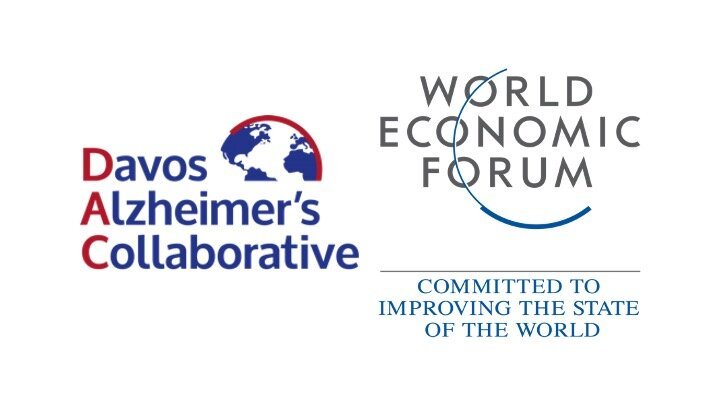The Davos Alzheimer’s Collaborative Partners with the American University in Cairo and University College London on Alzheimer’s Detection and Risk Reduction Efforts
CAIRO, EGYPT – MARCH 4, 2024 – The Davos Alzheimer’s Collaborative (DAC), the organization leading an unprecedented worldwide response to Alzheimer’s disease, today signed a Memorandum of Understanding (MoU) with The Institute of Global Health and Human Ecology (I-GHHE) at The American University in Cairo (AUC) and UCL Queen Square Institute of Neurology, University College London (UCL). This partnership focuses on developing scalable approaches for early detection and risk reduction in Alzheimer's disease (AD), emphasizing diagnostic biomarker identification, capacity building in neurodegeneration, and genomic risk definition.
The collaboration aims to combat AD's impact on the aging population, particularly in Egypt and the surrounding region, by advancing detection, monitoring, prevention, and treatment. It leverages I-GHHE's expertise in neuroscience research alongside UCL Queen Square Institute of Neurology's cutting-edge capabilities in addressing neurological disorders. The collaboration will gather digital phenotyping data and blood samples producing local validation data for AD tests, building on I-GHHE’s ambitious initiative of the Longitudinal Study of Egyptian Healthy Aging (AL-SEHA) which studies the determinants of dementia. Both AUC and UCL will work on starting a North African Dementia Registry (NADR). I-GHHE Founding Director Hassan El-Fawal, a neurotoxicologist, described the partnership as “a fulfillment of the Institute’s vision to leverage regional expertise towards global impact.” The joint efforts will also support select students and engage clinicians across Egypt, addressing the underrepresentation of the MENA region and Africa in the field.
Mohamed Salama, author of AL-SEHA, AUC-NADR lead and professor at AUC’s I-GHHE highlighted the significance of this collaboration with UCL and DAC. “With a population of over 110 million, Egypt has served as a distinctive meeting point between Africa and the Middle East, boasting a wealth of genetic and cultural heritage. This project not only promises to bring benefits to the people of Egypt but also aims to advance the understanding of dementia in both the region and the world.”
Mie Rizig, UCL NADR lead and clinical senior research fellow, Department of Neuromuscular Diseases, UCL Queen Square Institute of Neurology explains that to tackle the global challenge of dementia effectively, it is crucial to establish sustainable and scalable collaborations: “The term ‘NADR’ in Arabic translates to ‘RARE,’ and so is this partnership. It is exceptional and unparalleled, representing a pioneering effort in North Africa and the MENA region. We commend DAC for their forward-thinking approach, and we are keen on participating in this distinctive initiative.”
Vaibhav Narayan, Davos Alzheimer’s Collaborative executive vice president, said, “This collaboration will bolster our understanding of Alzheimer’s disease in an important region with a genetically diverse population and varied ancestries. Over the longer term, this program will bring regionally relevant prevention and intervention efforts to individuals typically neglected in these efforts.”
Data from this collaboration will be made available via the Alzheimer’s Disease Data Initiative (ADDI) platform, which supports global research initiatives and interventions for Alzheimer’s disease by providing controlled access to the broader research community via the study’s principal investigators.
About the Davos Alzheimer’s Collaborative
Launched at the World Economic Forum’s 2021 meeting on The Davos Agenda, The Davos Alzheimer’s Collaborative is a multi-stakeholder partnership committed to aligning stakeholders with a new vision for our collective global response against the challenges Alzheimer’s presents to patients, caregivers and healthcare infrastructures. Convened by The World Economic Forum and The Global CEO Initiative on Alzheimer’s Disease (CEOi) and fueled by a mission of service to the estimated 150 million families and half a billion people inevitably impacted by this disease by 2050, DAC is a collaborative for the benefit of all people, in all places.
About the Institute of Global Health and Human Ecology (I-GHHE) at AUC
Espousing a philosophy of implementation sciences, (I-GHHE) capitalizes on talents and resources across the American University in Cairo such as the Biomedical Sciences, Nanotechnology, Biotechnology, and Engineering within the School of Sciences and Engineering (SSE), the community insights of the Social and Behavioral Sciences in the School of Humanities and Social Sciences, the economic and entrepreneurial expertise of the School of Business, and the practical know-how of public policy and administration in the School of Global Affairs and Public Policy. With a holistic approach to health and sustainability, the I-GHHE provides an initial focus on curricula and research in support of Environmental Health, Precision Health and Public Health Policy and Management, inclusive of leadership and emergency management.
About UCL – London’s Global University
UCL is a diverse global community of world-class academics, students, industry links, external partners, and alumni. Our powerful collective of individuals and institutions work together to explore new possibilities. Since 1826, we have championed independent thought by attracting and nurturing the world's best minds. Our community of more than 50,000 students from 150 countries and over 16,000 staff pursues academic excellence, breaks boundaries, and makes a positive impact on real-world problems. The Times and Sunday Times University of the Year 2024, we are consistently ranked among the top 10 universities in the world and are one of only a handful of institutions rated as having the strongest academic reputation and the broadest research impact. We have a progressive and integrated approach to our teaching and research – championing innovation, creativity and cross-disciplinary working. We teach our students how to think, not what to think, and see them as partners, collaborators and contributors. For almost 200 years, we are proud to have opened higher education to students from a wide range of backgrounds and to change the way we create and share knowledge. We were the first in England to welcome women to university education and that courageous attitude and disruptive spirit is still alive today.
Media: Please contact Susan Oliver
soliver@davosalzheimerscollaborative.org | +1 (703) 216-4078




